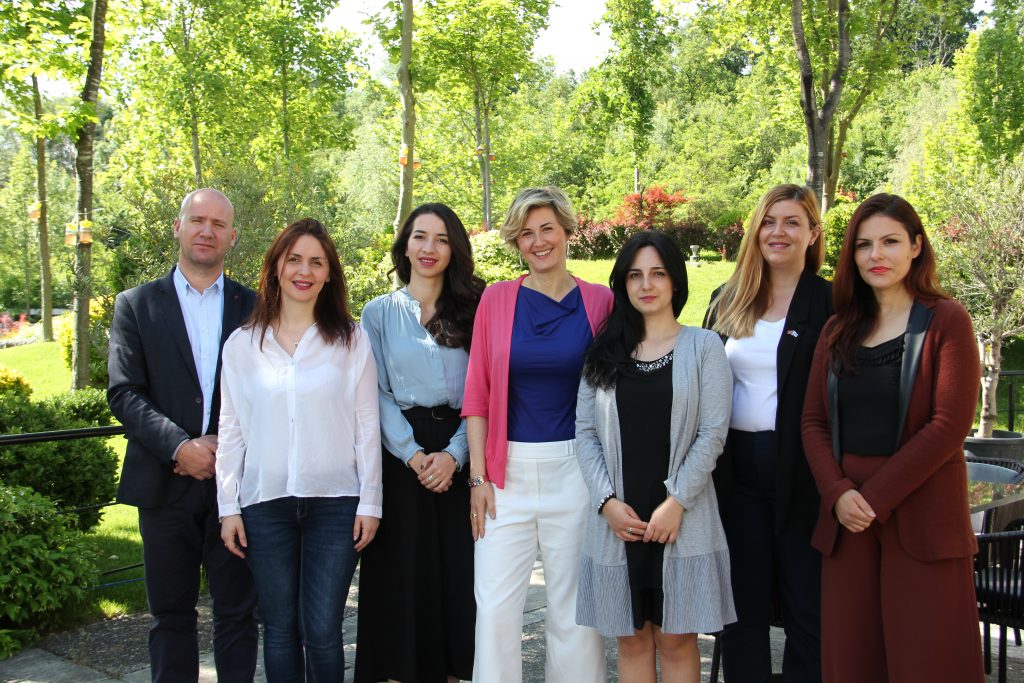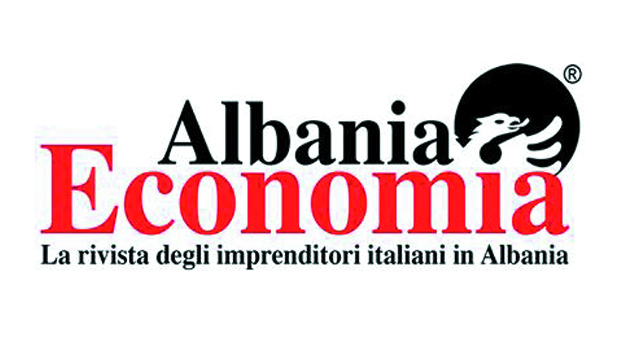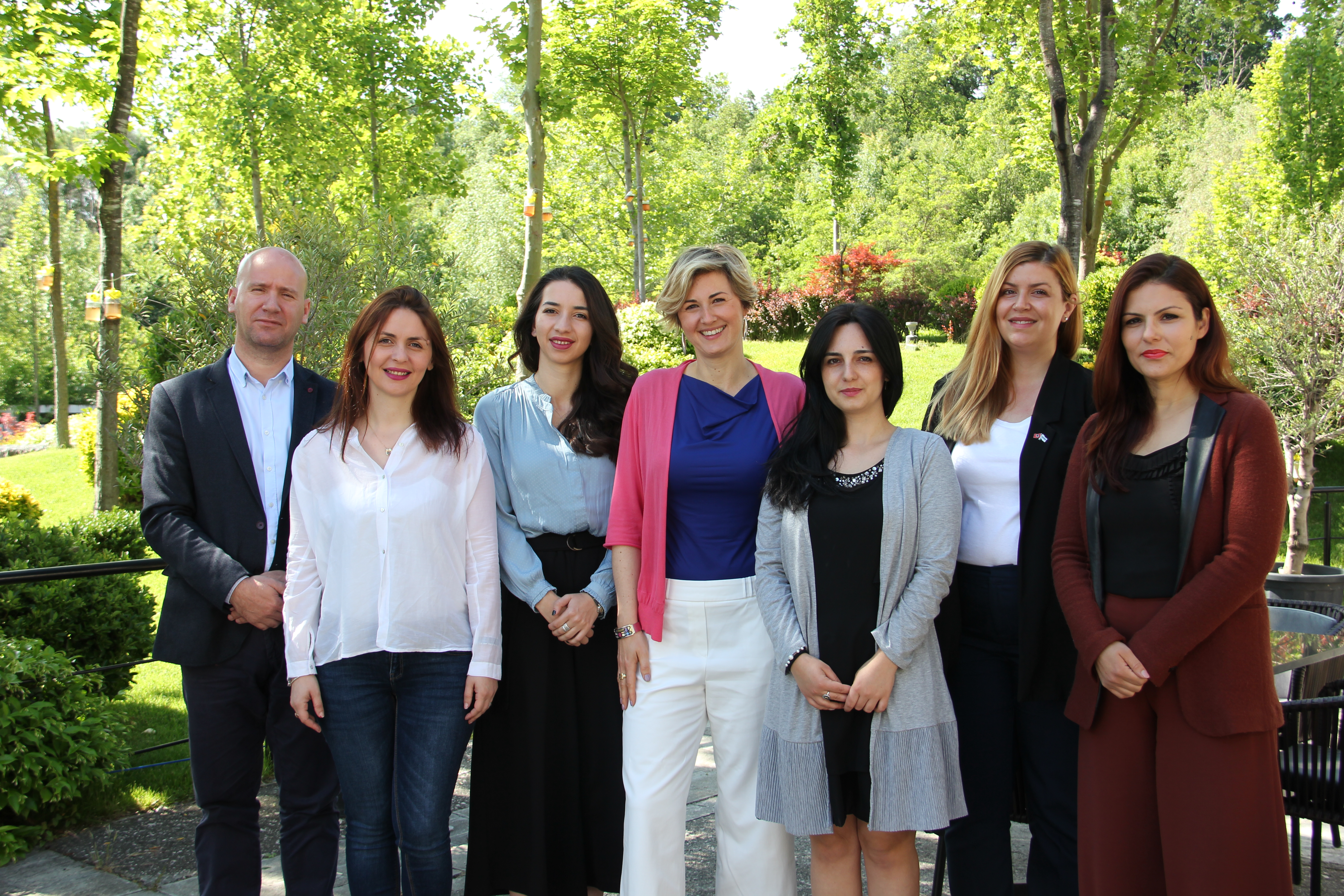The OSCE Presence in Albania was established in 1997, following the breakdown of law and order as well as of pyramid schemes, with the scope to help stabilising the country and co-ordinating international assistance. Today, the Presence’s work consists in offering assistance and expertise to the Albanian authorities as well as to representatives of civil society organisations in close consultation with the Government of Albania. The Presence operates with the support of 57 participating States.

The Presence is well known in Albania for providing electoral assistance, but it also carries out a diverse range of projects for among other things supporting an effective parliament, fostering stronger democratic participation and democratic oversight, combating trafficking in human beings, human rights protection, gender equality, environmental security and freedom of media. Anticorruption initiatives, ensuring legislative support to the judiciary, and developing the capacity of Albanian law enforcement officials represent a priority for the OSCE Presence in Albania.
According to its threefold mandate the Governance in Economic and Environmental Issues Department (GEEID) of OSCE Presence in Albania focuses on:
- The fight against corruption that implies prevention, awareness-raising and policy development in co-ordination with different target groups in order to contribute to a cultural change within the Albanian society;
- Combating trafficking in human beings and related phenomena by dealing with prevention, protection and prosecution, whilst strengthening inter-agency co-operation;
- Strengthening local governance considered as a crucial aspect of the functions of democracy – for example through local security initiatives inclusive of the fight against environmental crimes.
The fight against corrupt practices remains a high priority for the OSCE Presence in Albania. Corruption in fact undermines stability and security and threatens OSCE’s shared values conducive to building trust and co-operation within and between states. In Albania, OSCE is committed to act against corruption by addressing the root cause of it such as socio-historical factors, the political and economic environment, the legislative framework, ethics, customs and traditions.
The landscape is exacerbated by the latest data by Transparency International which places Albania 99 among 180 countries worldwide for the perceived levels of corruption in the public sector. The drop of eight places from 2017 indicates a serious deterioration of public trust. The negative influence that this has on the flourishing of the public sector is evident all over the county. The United States Department of State in its recent Investment Climate Report 2018 concluded that “Albania remains a difficult place do to business”.
OSCE works with the business community by devising practical anti-corruption guidelines. It also works with civil society organisations in order to encourage the use of anti-corruption mechanisms and enable effective monitoring of the national anti-corruption policy.
The department engages in capacity development activities on strengthening integrity in the public sector both for the central and local administration. We work together with governmental institutions to improve legislations, establish practices and mechanisms that reduce the risks for administrative corruption and support transparency tools. At local level, we work with the municipalities to design anti-corruption measures such as the local transparency plan in Lushnja municipality, concluded in 2017
We acknowledge, however that no sustainable result can be achieved if we do not fully engage the Albanian society, especially young people and demonstrate the importance of integrity and personal responsibility. We hope that our work and commitment inspires those, who represent the next generation of public servants. In order to do so and assist the country in bettering its administration and anti-corruption policies we are keen to explore how people decide to act towards and engage in corruption. An understanding of the context-specific psychology of corruption is needed as well as an all-encompassing approach to influence both the mind-set and actions of individuals and the way they make decisions.
This is why GEEID focuses on information campaign and public awareness to encourage people to fight the social acceptance of corrupt practices such as bribery and nepotism often wrongly perceived as ‘part of the Albanian identity’ and therefore immutable.
Instead we use public participation and civic engagement (mostly of young people) in the fight against corruption to promote norms of solidarity and reciprocity.
Among our key governmental stakeholders, there are the Ministry of Justice in the function of the National Coordinator on Anti-Corruption (NCAC), the Anti-corruption Department of the Prime Minister’s office and other independent institutions such as the High Inspectorate of Declaration and Audit of Assets and Conflict of Interests (HIDAACI), the Albanian School of Public Administration, the Parliament, and the General Directorate for the Prevention of Money Laundering (FIU). The department is actively engaged with international partners in order to strengthen the result of its work and share good practices on enforcing anti-corruption legislations with the Albania and its people. Last year for instance the Presence succeeded in establishing of a formal cooperation between the Albanian Ministry of Justice and the Italian Anti-Corruption Authority (ANAC) which resulted in a common project between to the two organisations. ANAC is therefore providing technical support to the Albanian public officials who work on anti-corruption measures. We have also collaborated with the Italian School of Public Administration (SNA) which supported through academic exchange the anti-corruption program of the Albanian School of Public Administration. It should be noted that the Italian Government, through the Italian Agency for Development Co-operation, substantially contributed to finance these interventions.
The OSCE Presence’s work in the field of anti-corruption and good governance is far from its conclusion. We remain fully committed to the Government of Albanian and to our international partners in strengthening the transparency of the public procurement agencies, developing tools for fostering integrity and prevention of misconduct both in the private and public sector, protecting the whistle-blowers, and triggering behavioural change in local actors.
 Albania Economia
Albania Economia




